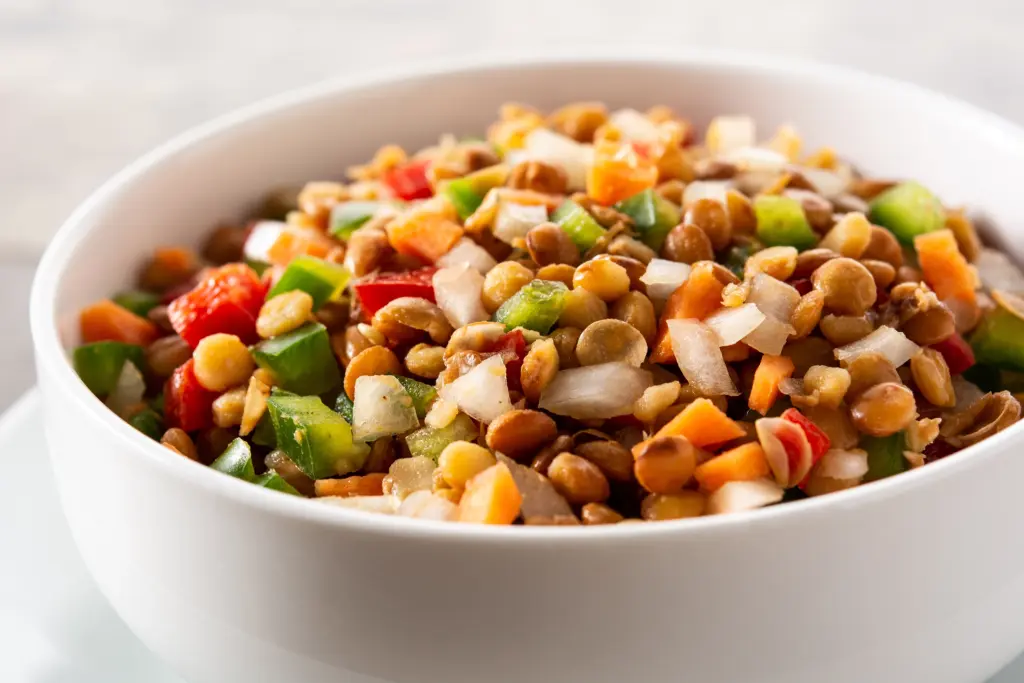
Prebiotics and Gut Health: Gut health doesn’t just affect your stomach; it influences how energised you feel, how well you fight infections, and how your skin looks. So it deserves attention. Probiotics get the spotlight, but don’t forget prebiotics, the fibres that nourish your gut’s good bacteria.
What are prebiotics?
Prebiotics are special fibres found in certain foods. Unlike probiotics, they aren’t digested by you, but your gut bacteria love them. Eating prebiotic-rich foods feeds those helpful microbes so they grow, thrive, and do their best work.
Also Read | Acid reflux vs. GERD: What’s the difference?
What’s the difference between prebiotics and probiotics?
Probiotics are live, beneficial microbes found in fermented foods like yoghurt, kefir, kimchi, sauerkraut, and supplements; they help top up the “good bugs” in your gut. Prebiotics are non-digestible fibres found in foods like onions, garlic, leeks, asparagus, bananas, oats, and legumes.
Common prebiotic foods:
You don’t need fancy supplements to get prebiotics. They are in everyday foods you may already eat. Here are some top prebiotic-rich foods:
- Bananas (especially slightly green ones)
- Garlic
- Onions
- Leeks
- Asparagus
- Chicory root (used in some teas and coffee substitutes)
- Whole grains like oats and barley
- Apples
- Beans and lentils

How do prebiotics improve gut health?
Prebiotics help balance your gut bacteria, which makes digestion smoother and can ease bloating and constipation. Because a big share of your immune system sits in the gut, a healthier microbiome also means stronger defences; those “good bugs” crowd out the bad ones. They even aid nutrient absorption, especially calcium and magnesium.
Tips to add prebiotics to your diet:
Here are a few easy ways to include more prebiotics in your daily meals:
- Add banana slices to your oatmeal or smoothies
- Cook with more garlic and onions
- Snack on apple slices or a handful of nuts
- Add lentils or beans to soups and salads
- Choose whole-grain bread or pasta instead of white bread
- Try roasted asparagus or steamed leeks as a side dish
Prebiotics versus probiotics: Do you need both?
Absolutely. Your gut needs both: probiotics (the “good bugs”) and prebiotics (their food). Skipping prebiotics is like sowing seeds without soil and water. Aim for a mix of high-fibre foods, fermented picks (yoghurt, kefir, kimchi), and prebiotic veggies (onion, garlic, banana, asparagus).
Should you take prebiotic supplements?
Most people can meet their prebiotic needs through food, but supplements can help if you have digestive issues or don’t eat much fibre, fruit, or veg. Start low and go slow; too much too quickly can cause gas or bloating.
Also Read | Chronic acidity in seniors: Why it happens and how to manage
Prebiotics feed your good gut bacteria, supporting smoother digestion, a stronger immune system, and even a steadier mood.








